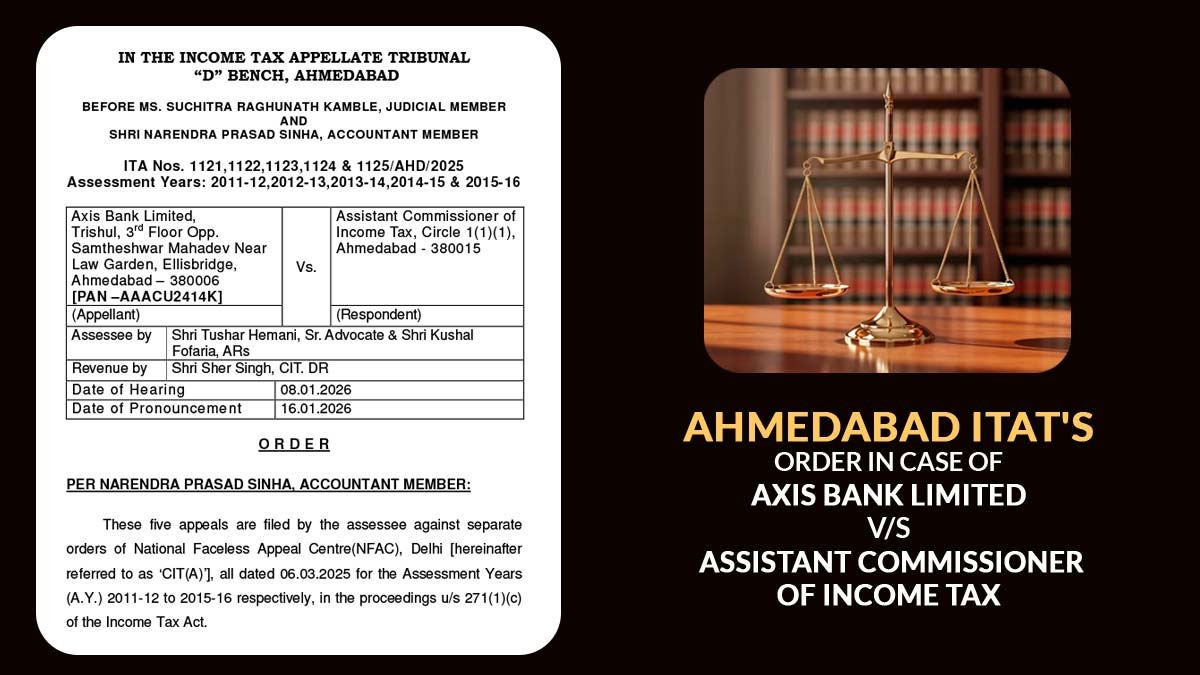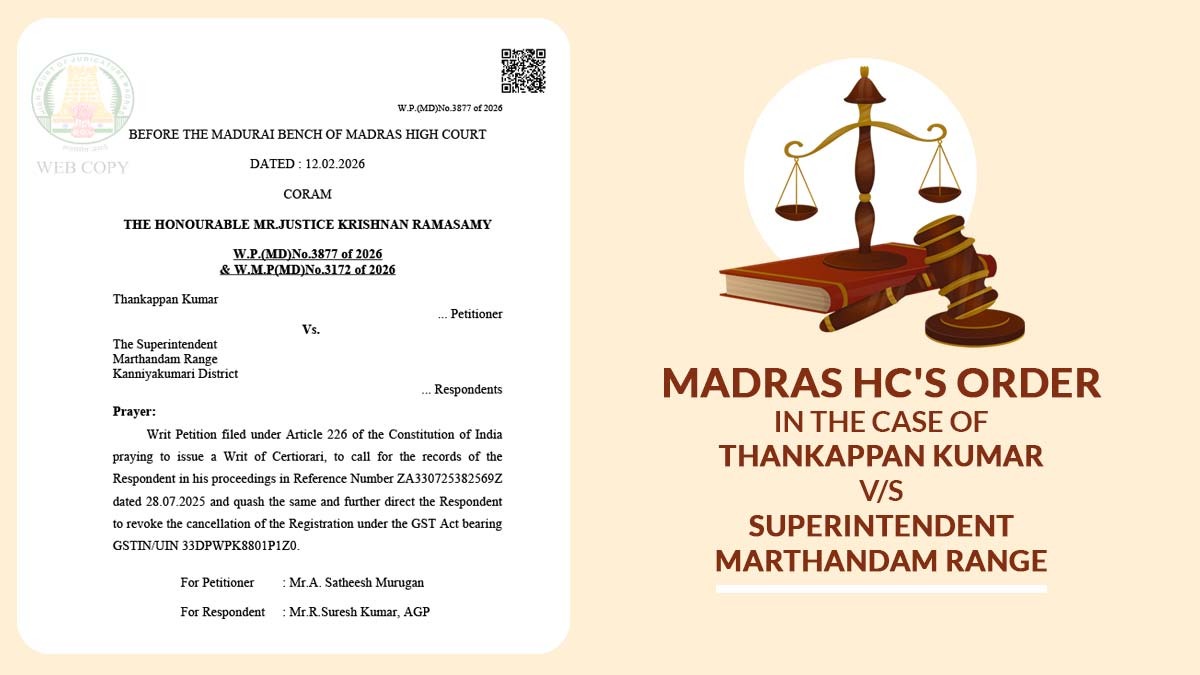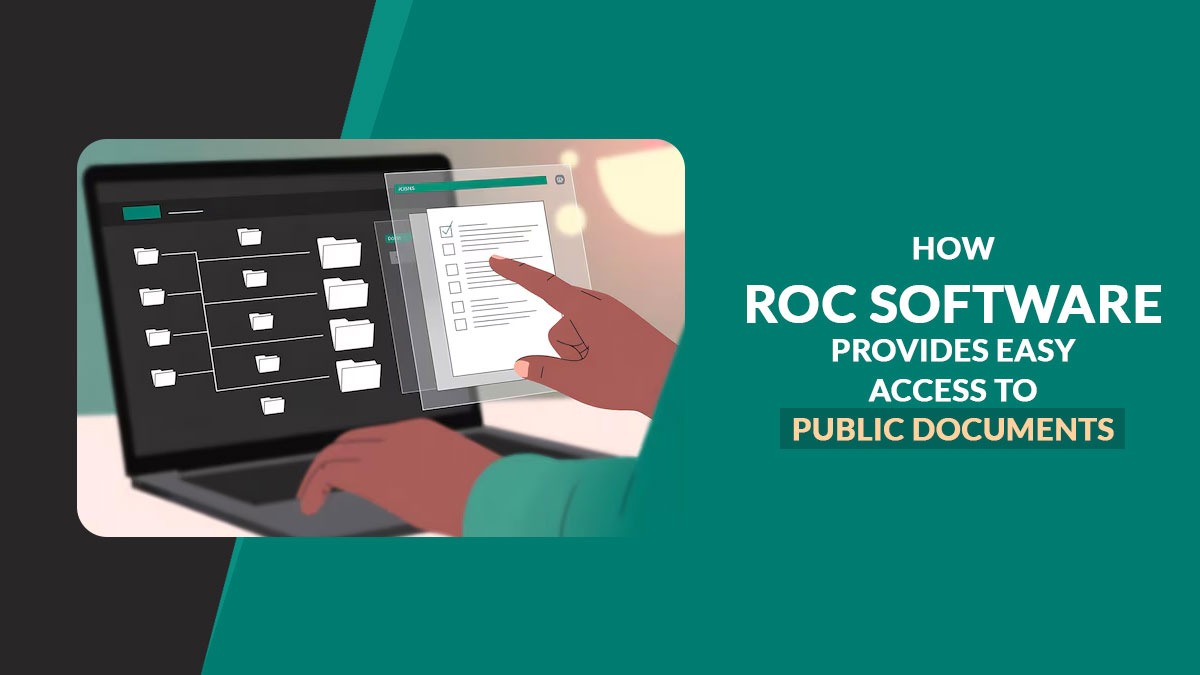
The Indian income tax system has provisions for individuals and businesses to claim relief when they have paid taxes in a foreign nation. This relaxation is given under Section 90 of the Income Tax Act. To seek this assistance, Form 67 is used. This article explains the concept of relief under Section 90, emphasises the significance of Form 67, and addresses the question of whether it can be submitted after the deadline.
Latest Updates
- In case of an updated return under Section 139(8A), Form 67 (related to income included in the updated return) must be filed on or before the date of filing of the updated return. The modification applies from April 1, 2022, and applies to all FTC claims submitted during the year 2022-2023.
What is the Meaning of Income Tax Section 90?
Section 90 of the Income Tax Act of 1961 plays a vital role in providing taxpayers with the opportunity to prevent the double taxation of their income, ensuring that they are not subjected to tax in both India and a foreign country on the same earnings.
Matters involving double taxation can be resolved under the provisions of Section 90. It allows Indian residents to seek relief for the taxes they have already paid in a foreign country. However, this benefit applies solely to countries with which India has entered into a Double Taxation Avoidance Agreement (DTAA).
A DTAA constitutes an agreement between two countries aiming to prevent the occurrence of double taxation and outlining the tax regulations for each country. India has established such agreements with various nations, and they specify the procedures for claiming relief under Section 90.
What is Form 67 and Its Objective?
Form 67, also known as the “Form of application for obtaining relief under Section 90 and/or Section 90A or Section 91 of the Income-tax Act, 1961,” serves as the official application to seek relief under Section 90. This form is used by Indian residents who have paid taxes in a foreign country and wish to avoid double taxation as per the terms of the relevant Double Taxation Avoidance Agreement (DTAA).
Key Details to Include in Form 67
- Confidential Data: This includes your name, address, and Permanent Account Number (PAN).
- Tax Info: This part requires you to provide information about the foreign taxes you’ve paid, including the amount and any relevant tax identification numbers.
- Sections for Relief: Declare the specific sections under which you’re seeking relief, which can be Section 90, Section 90A, or Section 91.
- Foreign Country Attributes: You’ll need to specify the foreign country with which India has a DTAA and clarify the type of income for which you’re seeking relief.
Is it Possible to e-file Form 67 Late?
The Income Tax Act doesn’t explicitly allow for the late filing of Form 67. However, based on judgments from the Income Tax Appellate Tribunal (ITAT), it can be concluded that Rule 128 of the Income Tax Rules, which mandates the submission of Form 67 before filing the income tax return to claim Foreign Tax Credit (FTC), is not a strict requirement but merely a guideline.
This means that the delay in filing Form 67 should not be a reason to deny a Foreign Tax Credit, referring to the case of ITA No.412/Ahd/2023, Assessment Year: 2020-21: Manoj KaushikPrasad Jingar Vs. The Assessing Officer, CPC Bangalore/The Income Tax Officer, Ward-5(3)(1), Ahmedabad, for the Assessment Year 2020-21.
The taxpayer submitted Form No.67, which was required, but it was submitted after the deadline. The Centralised Processing Centre (CPC) processed the tax return and sent an intimation under Section 143(1) of the Income Tax Act, in which the CPC did not grant the relief claimed by the taxpayer under Section 90 of the Income Tax Act and raised a tax liability.
The taxpayer then filed an application for rectification under Section 154 of the Income Tax Act to the CPC. The CPC issued a rectification order without making any changes to the original intimation under Section 143(1) of the Income Tax Act. However, the CPC again raised the tax liability in the rectification order under Section 154 of the Income Tax Act and confirmed the original demand.
A Single Bench, consisting of Suchitra Kamble, the Judicial Member, allowed the appeal filed by the taxpayer. The Bench held that the late filing of Form No.67 could not deny the taxpayer the benefit of the treaty when the salary earned was from Tanzania, and there is a Double Taxation Avoidance Agreement (DTAA) between India and Tanzania.
Recent Orders by the Income Tax Appellate Tribunal (ITAT)
The Jaipur bench of the Income Tax Appellate Tribunal (ITAT) recently made a ruling in the case of Suresh Kumar Doodi VS the Assistant Commissioner of Income Tax. In this case, the issue was whether a delay in submitting Form 67 would lead to the denial of the Foreign Tax Credit (FTC) under Rule 128(9) of the Income Tax Rules, 1962.
The two-member bench, consisting of S. Seethalakshami (judicial member) and Rathod Kamlesh Jayantbhai (accountant member), concluded that the taxpayer is still eligible for the foreign tax credit. They stated that the claim for the foreign tax credit cannot be rejected solely based on the delay in submitting Form 67.
Therefore, the Assessing Officer was instructed to allow the FTC based on the belated filing of Form 67 by the taxpayer. Consequently, the appeal made by the taxpayer was approved.
The ITAT, Bangalore bench, composed of Beena Pillai (Judicial Member) and Chandra Poojari (Accountant Member), has made a ruling in the case of M/s. 42 Hertz Software India Pvt. Ltd. Vs. The Assistant Commissioner of Income Tax, Circle – 3 (1)(1), Bangalore, for the Assessment Year 2017-18 (ITA No. 29/Bang/2021).
The ruling clarifies that Rule 128 of the Income Tax Rules, which obliges taxpayers to submit Form 67 before filing their income tax return to claim Foreign Tax Credit (FTC), is not a strict requirement but just a guideline. Consequently, the delay in filing Form 67 should not result in the denial of Foreign Tax Credit (FTC).
The bench’s observation highlights that the taxpayer has the right to claim FTC. While Rule 128 (8) & (9) specify the submission of Form 67 before filing returns as one of the conditions for FTC, the bench considers this requirement as non-mandatory and more of a procedural guideline than an absolute rule.
In a separate case, the Kolkata Bench of the ITAT, in the case of Sobhan Lal Gangopadhyay Vs. Assistant Director of Income Tax, CPC, Bengaluru (I.T.A. No. 782/Kol/2022 – Assessment Year: 2020-21), also held that the relief under Section 90 of the Income Tax Act, 1961, should not be denied solely based on a delay in filing Form 67.
Final Words: To summarise, although the Income Tax Act does not explicitly address the late filing of Form 67 for claiming relief under Section 90, the judgments of the ITAT establish that the filing of Form 67 is of a directory nature rather than mandatory. Taxpayers should submit Form 67 promptly.
By doing that, they can avoid double taxation and ensure the smooth processing of their relief claims. Seeking guidance from tax professionals or the Income Tax Department regarding Form 67 and its filing procedures, including any considerations for belated filing, is highly recommended.










Thank you Arpit for listing out all the case rulings which is really helpful. I am in the same situation from this year onwards where my January to March 2024 income, I won’t get proof of tax paid on that income till April next 2025, does this mean I can file form 67 for FY 2023-24 as late as April 2025??